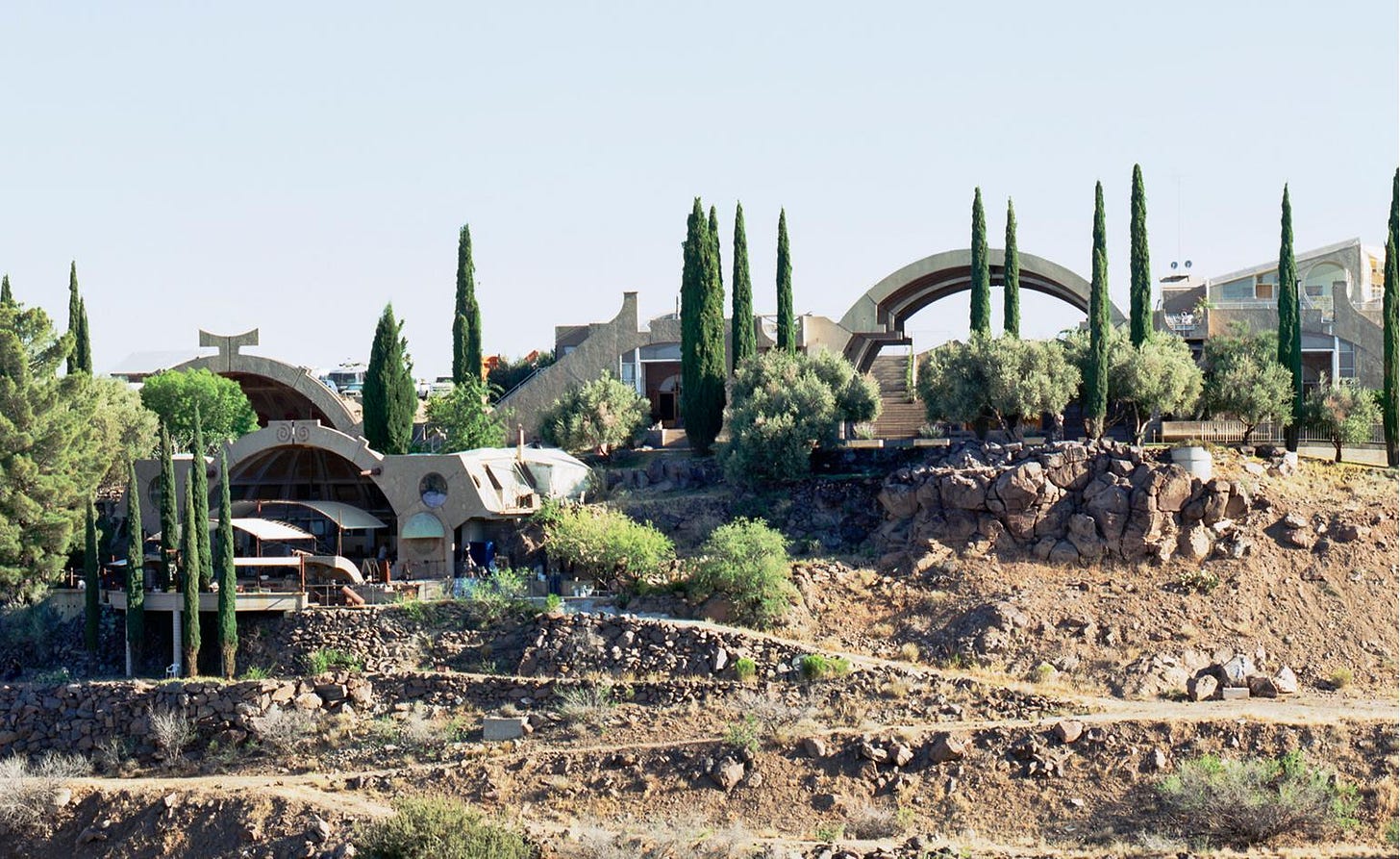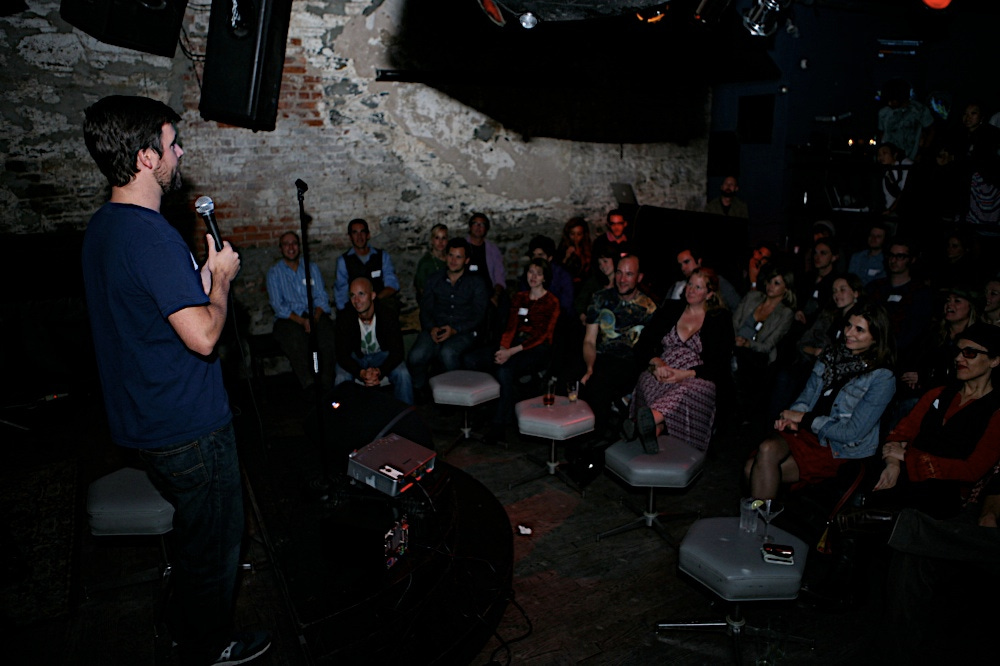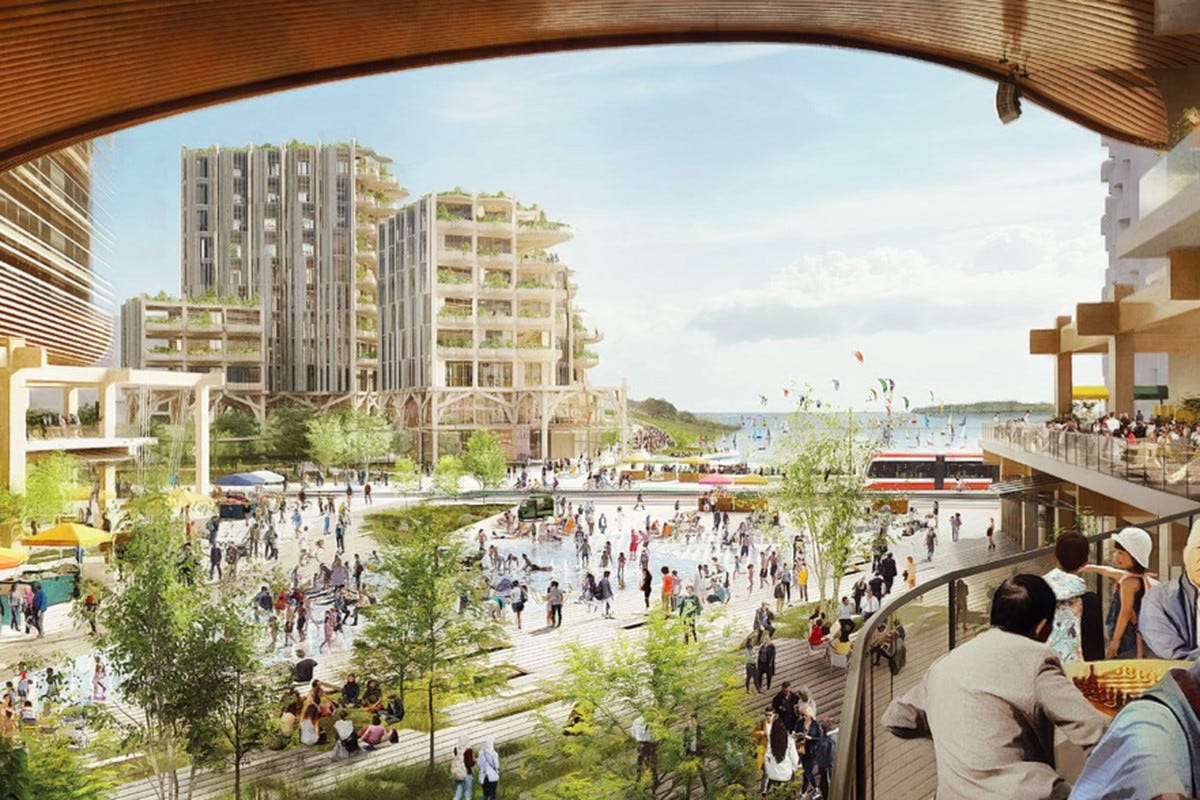My Own Private Utopia
The status quo's normalization of dystopian living beckons closer attention on the people, communities, and models of living designed around higher, healthy, and balanced ideals.

In early 2020, New York’s Guggenheim featured an exhibition designed by architect Rem Koolhaus about the future of the countryside. I was attempting to develop real estate in the countryside north of the city, so the exhibition’s timing was ideal. A great outward migration from NYC and other cities was underway, spurred by city living’s greatly diminished lifestyle value proposition and remote work capabilities, which was clearing offices long before the lockdown. This migration would eventually be capped by total economic and climate collapse. It might be good to think of other places to live before it’s too late.
While my attempts to rap with Rem failed (we had mutual friends), the exhibition featured some nuggets, one being the supposedly concurrent golden ages in the Roman and Chinese countryside in the first century BCE. These eras were characterized by humans living in harmony with nature and each other, spending an inordinate amount of time doing enjoyable stuff, like hanging out in nature with friends. I inferred from the exhibition these periods are underreported by historians to maintain the city-countryside sturm und drang and to keep a balanced human-nature interface forever out of reach.

I’ve long been fascinated by utopias and ideal-driven communities , ranging from hippy communes to master planned cities like Brasilia. I’ve lived in a feminist co-housing home and a Marxist kibbutz. I’ve spent ample time in ashrams, temples, and retreat centers.
I’ve built a few ideal-driven communities, hoping they could be the basis for utopias. My first community was initially called Mandala NYC —the name referencing the Buddhist concept of an aligned community and universe. Sand mandalas, with their gorgeous, interlocking, symmetrical, but ultimately temporal forms are allegory for an ideal community and world. I got too many criticisms that the name sounded like Nelson Mandela, so I changed it to Lucid NYC, but the intention remained. Lucid was an informal salon series featuring people I viewed as building an ideal world in real time. It was NYC and I had an easy time getting world class artists, technologists, activists, etc., many of whom became friends and collaborators. My first presenter was the architect who Rem and I know. Lucid gave them a place to hang out, confer, and join forces.

At the micro-apartment startup, LifeEdited, I attempted to address the institutionalized design and economic dynamics that effectively outlaw utopianism. Many people want to live within walking distance of friends, work, and shops, but all they’re offered are big homes requiring long commutes to get anywhere. While there, I got involved with others' utopian projects like the Downtown Project in Las Vegas and Summit Powder Mountain in Utah.

I learned a lot about what makes utopias and intentional communities work and what kills them: too big, too personality-centered, too corporate, too crunchy. My latest venture, Run Haus, incorporates those learnings into a practical real estate platform that works within the constraints of the utopiacidal status quo. More soon.

